Social connection is important for sustaining our sense of feeling cared for, supported, and listened to. The relationships that we have with our family, friends, and co-workers contribute to our wellbeing – physically, emotionally, and mentally. Interacting with others can reduce feelings of anxiety and depression. When we feel socially connected, we may respond with more care and understanding for others and receive the same care and understanding in return, which supports our wellbeing. We may even feel better about ourselves overall. Not only can your self-esteem improve, being connected to others can positively influence how you respond when your emotions have been triggered.
Positive interactions from our supportive relationships improve our mood and reduce the negative impacts of stress and anxiety.
This is why it is important to spend time building and maintaining strong social relationships with your friends, family, co-workers, residents, and clients.
Positive interactions from our supportive relationships improve our mood and reduce the negative impacts of stress and anxiety.

Taking the time for authentic discussions can be an energizing experience. And the pay-off is two-fold because it also benefits the person you are speaking with!
Talking with someone about your experiences, worries, and concerns is one of the most effective ways to reduce stress. This is especially true if the person you talk to is, or has been, in the same situation as you. Try connecting with your co-workers about your changing work environment, the stresses you are experiencing at work, and your feelings about them. You can start a conversation with a colleague by asking them what challenges they are experiencing and how they are coping with them.
It will do everyone some good.

There are many techniques that you can use to promote a meaningful conversation. Remember, talking is only half of your job! Listening is the other half. When someone is sharing their feelings and vulnerabilities with you it is especially important to listen actively, so the other person feels supported and understood.

Put away your phone and any other distractions so you can focus your full attention on the other person and what they are saying.
Being willing to show your vulnerabilities invites trust into the relationship. If you share your weaknesses or fears, it is more likely that the other person will too.
Feeling overwhelmed, fearful, and unsure in times like these is normal. If someone shares that they are feeling things like this, tell them it’s okay and that they are not alone. Avoid diminishing or trivializing their concerns – even if they seem small to you, they are important to the other person.

Open-ended questions usually start with Why? What? or How? and require more than a yes or no answer. They show your interest in what the other person is talking about and invites them to share their experiences.
It’s okay to smile and laugh – even when times are tough. It is a great way to combat stress and anxiety while improving your mood and resiliency.
Empathy is a technique where you try to share the feelings of another person which can help make that person feel supported, heard, and understood.

Giving unsolicited advice can be interpreted as insensitive, even if you have good intentions. It’s best just to listen and be supportive as the other person works it out on their own.
Did you know that the majority of what we communicate to one another is non-verbal? Paying attention to your tone of voice and body language can go a long way.
If it seems that the person you are talking to is feeling uncomfortable or doesn’t want to get into a certain topic, don’t pressure them. They should only share something if they want to.

Practicing gratitude can reduce negative emotions and increase resiliency. Saying something like “thank you for sharing and listening” or “our conversations mean a lot to me” at the end of a discussion can be a nice way to wrap things up.
For more information, we have compiled a list of resources to help you enhance your social connections:
Written for family members of those who are dealing with a mental health issue, Module 3 of the Family Toolkit offers detailed information about communication skills that apply to all types of interactions.
This website offers information about the benefits of engaging in conversation and how to develop your communication skills.


Copyright © 2023